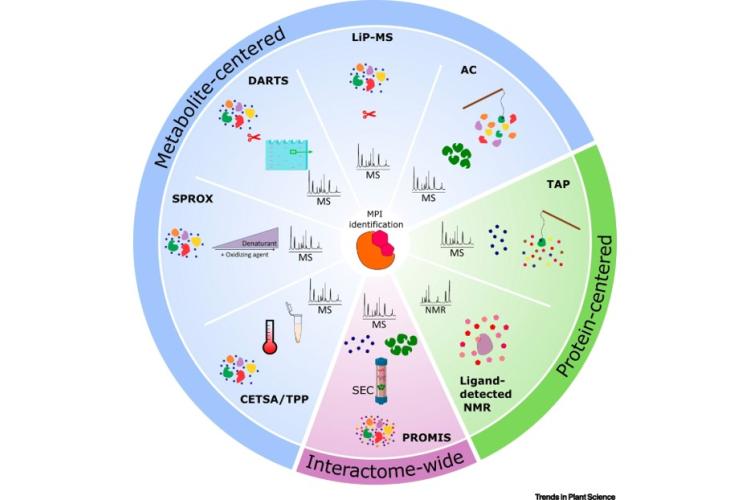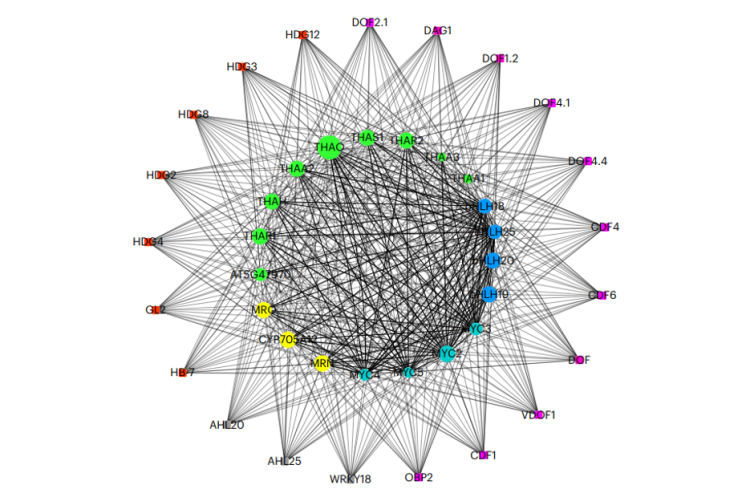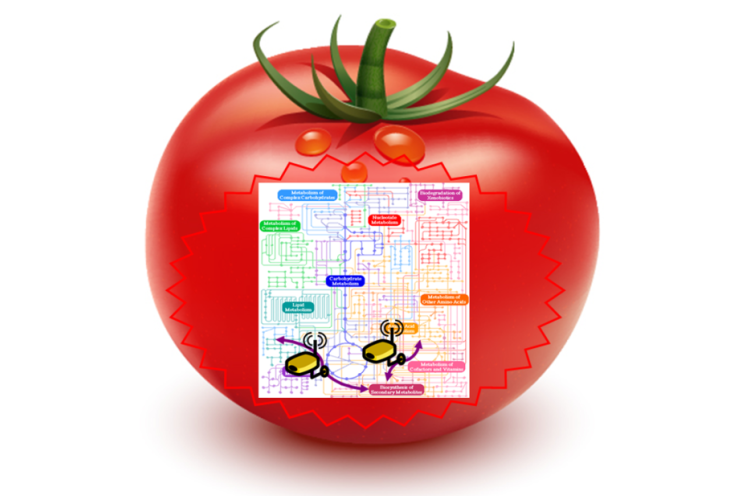European scientists uncover new plant-based anti-inflammatory and anti-aging ingredients for sustainable cosmetics
Scientists at the VIB-UGent Center for Plant Systems Biology, together with 16 partners from 11 European countries, have discovered new plant-based ingredients with proven anti-inflammatory and anti-aging effects for the development of next-generation skincare products.






